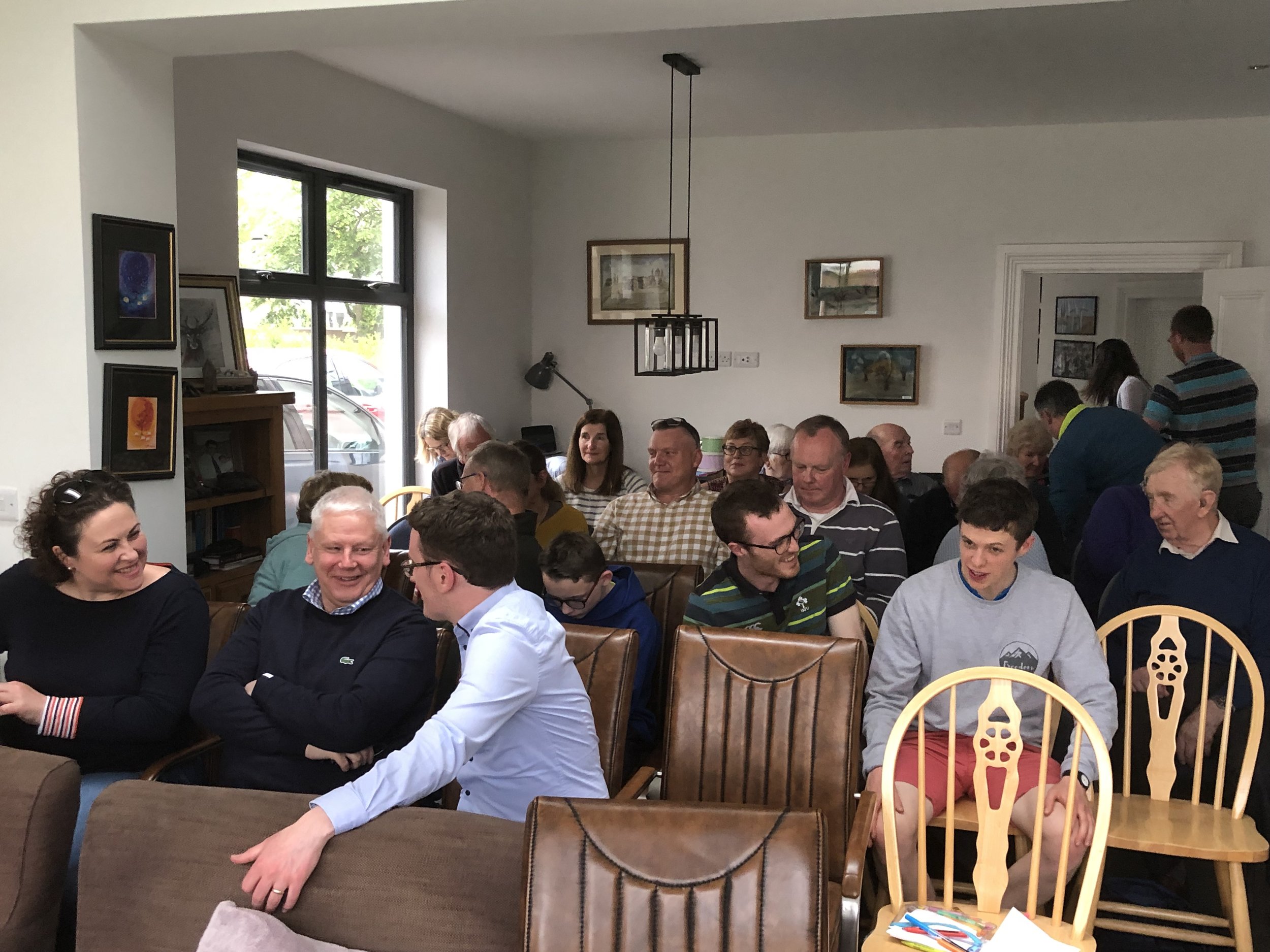So far it has been a summer of good news for Stranraer. The announcement of £16million of funding from the Borderlands Growth Deal to address the derelict East Pier was followed by the hugely successful Skiffie World Championships, with thousands of people and 57 different clubs from around the world descending on Stranraer. Agnew Park was a hive of activity for all the family on some of the sunniest days of summer so far.
One item of sadder news, is the closure of the Salvation Army church (separate from the charity shop). It is the latest closure of a church in the town following that of the Free Presbyterian Church on Bridge Street at the end of last year, and St Ninian’s in 2013.
The Salvation Army had been worshipping in Stranraer since 1884, when they acquired the building of the now-defunct Sheuchan Free Church in Park Lane. In 1967, Stranraer Town Council purchased the building and demolished it to make way for housing, with the Salvation Army moving to new headquarters at the corner of Charlotte Street and Harbour Street, which for many years was the popular Kiosk Café owned by Mr Adami. Following a farewell service, the building will now be sold once more.
Originally founded by William Booth in 1865 and called ‘The Christian Mission’, the change of name and adoption of military titles and uniforms set it apart from other Victorian charities. Booth was a fascinating man, with a deep and genuine compassion for the poor. One modern academic biography writes ‘what distinguished him as a social reformer was a willingness to cope from day to day with an awesome level of endemic disease, unemployment, and other social ills, which were then less well understood’.
The sight of suffering children literally brought tears to his eyes, and it was this extreme sensitivity to suffering which made him so effective in unveiling society’s darker corners. ‘He saw clearly what others scarcely noticed at all, and he felt as an outrage what others considered to be natural’. The entry for him in the Oxford Dictionary of National Biography concludes that he ‘probably changed as many lives for the better as any philanthropist of his day’.
One of my fellow ministers recently gave three talks entitled ‘The Compassionate Christian’ – focusing on the abolitionist William Wilberforce, orphanage founder George Müller, and William Booth. For those of us who are Christians, it is challenging to consider whether ‘compassion’ is one of the first words that comes to mind when people think of us. Yet it should be if we follow a Saviour who was marked by compassion, both for crowds and for individuals.
True Christian compassion should always be in two directions – practical and spiritual. It wouldn’t do justice to Booth to think of him merely as a social reformer. He believed that you cannot make a man clean by washing his shirt – in other words, the human problem is so deep that simply improving our outward circumstances won’t fix the root issue. Booth cared about all suffering – especially eternal suffering. His biographer says: ‘he genuinely believed that eternal punishment was the fate of all those who died without conversion’.
I don’t agree with Booth on everything. For one thing he condemned football as sharply as card-playing and horse-racing! He also tried to do his work outside the biblical structures and oversight of the church, as well as rejecting baptism and the Lord’s Supper.
And yet his legacy of caring for the whole person should not be forgotten. It’s easy to focus so much on the practical that we forget the spiritual – or vice versa.
Jesus said: ‘I must preach the good news of the kingdom of God, for I was sent for this purpose’. And although ‘faith without works is dead’, the Bible is equally clear that salvation comes through faith in Jesus Christ, not acts of charity or compassion.
And yet Jesus’ brother James writes: ‘If a brother or sister is poorly clothed and lacking in daily food, and one of you says to them, “Go in peace, be warmed and filled, without giving them the things needed for the body, what good is that?”.
Booth’s legacy must live on. Our churches must be places where hurting people can come and experience the compassion of Jesus as his word is both preached and lived out. And for those who have lost a spiritual home in the recent – or not so recent – past, by God’s grace our doors are open and a welcome awaits.
Published in the Stranraer and Wigtownshire Free Press, 25th July 2019
















